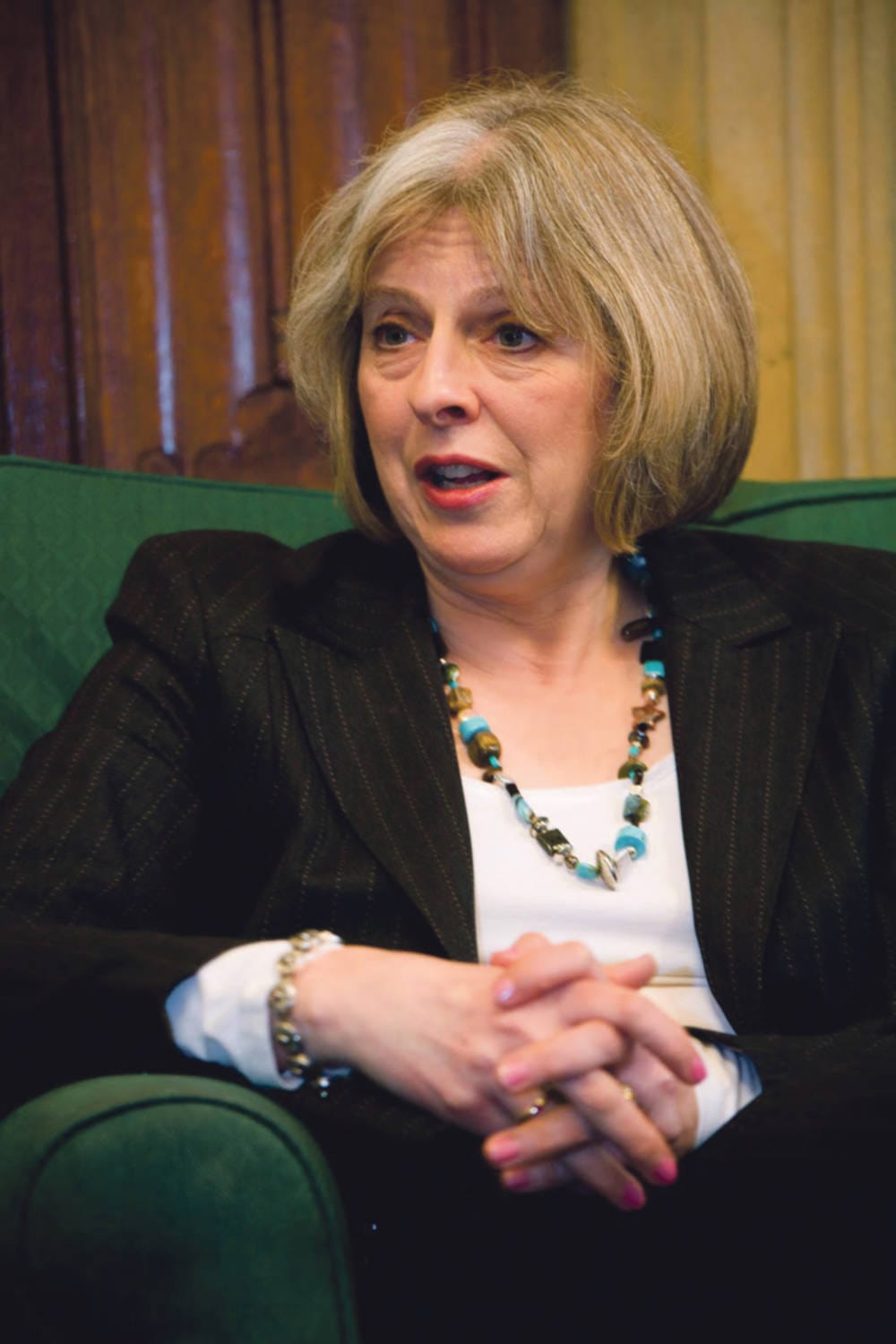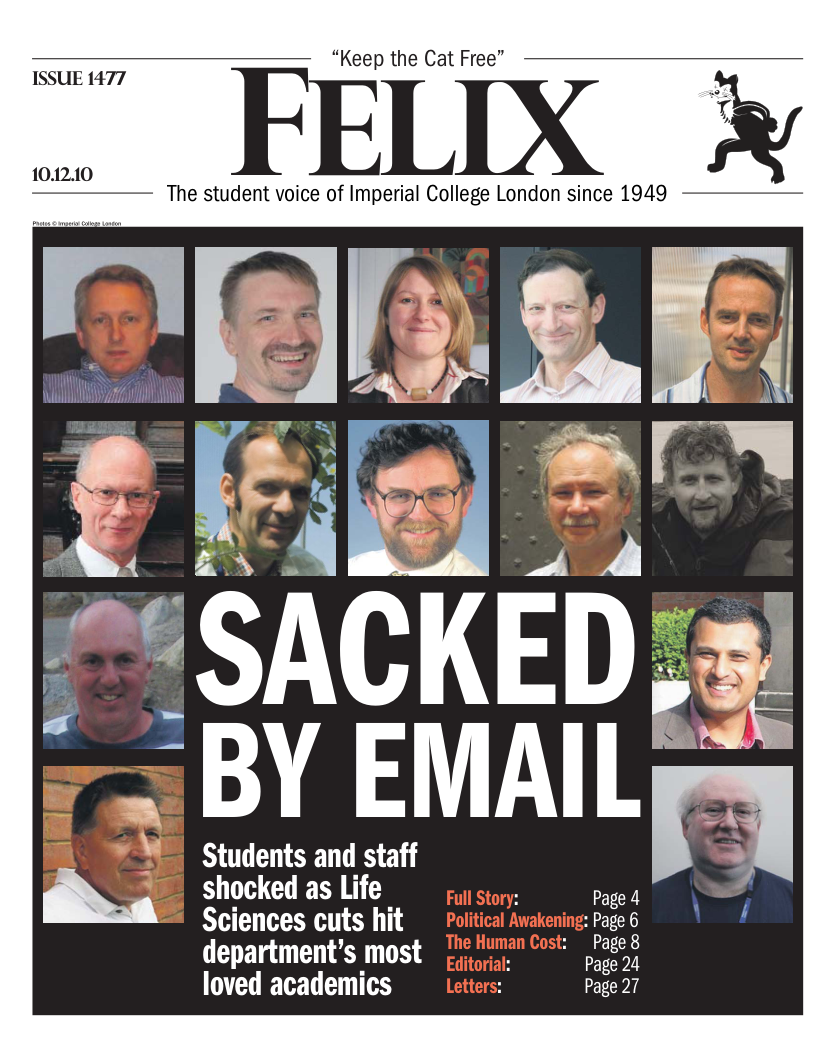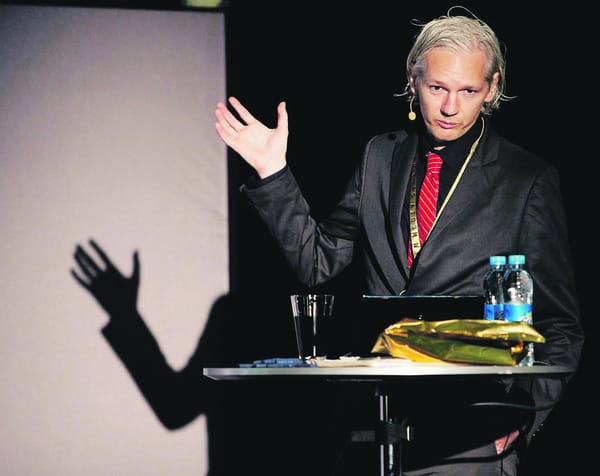Immigration cap will hit international students the hardest
Restrictions on immigration will endanger universities

Speaking to the House of Commons on 23rd of November, the Home Secretary Theresa May announced plans to cut the number of non-EU immigrants by a fifth from next year. Student visas are amongst one the proposed targets for the cut. In light of the impending visa restrictions, the future of international students in UK seems increasingly uncertain.
It is easy to see how international students are by far the easiest target. Given the high unemployment rate, the government promised to reduce the net inflow of migrants to “tens of thousands” by year 2015 to protect British jobs. This means that the current immigration figure has to be halved in the span of less than 5 years. Since the government cannot control the movements of EU citizens or British expatriates, the cut will mainly involve narrowing the channel for immigrants from outside the EU. Most of such immigrants belong to three major categories: highly skilled labour, students and family seeking to join their relatives in the UK. Tough measures preventing family reunions may attract the ire of settled immigrants and are against the Human Rights Act. Highly skilled workers provide valuable expertise to businesses, whose powerful lobby groups ensure that “intra-company transfers” are not restricted. This leaves only the students, to whom more that 50,000 entry permits were issued in the first quarter of 2010, open to drastic cuts.
International students have little political voice to speak of. Overseas students have virtually no influence in a country where public policies are influenced heavily by poll results and opinions of British public. While the recent proposed tuition fees hike sparked street protests, international students have quietly resigned themselves to paying fees more than double of that amount. When the immigration cap on students comes into force, these students are unlikely to be found waving placards angrily at politicians either. This makes cutting student visas a tempting option for a government hard pressed to show the public that it is in control of immigration.
At a time when government funding for higher education institutions is being squeezed, universities across the board may increasingly look to international students for a steady income stream. Furthermore, the majority of postgraduate students in fields such as computer science and biotechnology consists of international students. As students provide an important talent pool for research and innovation, diminishing their numbers will affect the long term competitiveness of the UK’s knowledge economy.
If the prospects of finding suitable jobs are poor, earning an UK degree may become a lot less attractive for the prospective students. Overseas students are shrewd consumers who vote both with their cash and feet. As the demand for higher education ballooned due to rising household income in emerging economies, education has evolved into a fiercely competitive global industry. In countries like Australia, higher education spending by international students contributes to a significant proportion of their GDP.
While the UK attracts the second largest number of overseas students now, it may soon lose its position if visa permits are drastically reduced. The globetrotting youngsters are spoilt for choice when it comes to choosing an overseas education. If they feel unwelcome in Britain, they may simply move off to a more student-friendly place like Canada or Australia.
The political motivations for the immigration cap can hardly justify the long term ramifications of restricting the inflow of students. While the coalition government tries its best to shore up its promise to the electorate, it might be well worthwhile to remember that these students will be harder to coax back once their sights are set elsewhere.







